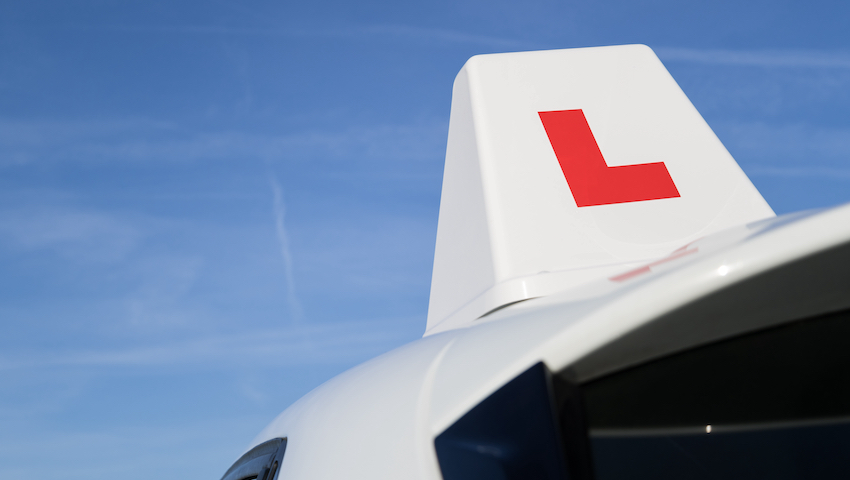Call for more driving lessons in electric vehicles
EV experts are urging the DVLA to encourage more UK learner drivers to take lessons and tests in electric cars.
Electric vehicle experts at LeaseElectricCar.co.uk want more driving tests to be carried out in EVs, as an increase in electric car sales sweeps the country.
The sale of new petrol and diesel cars in the UK will be banned in just seven years time, meaning the demand for electric cars is only going to continue to increase.
And as this deadline looms closer, EV experts are calling for more learners to learn to drive in electric cars.
It won’t be long before we see EV’s dominating UK roads – electric vehicle registrations between December 2019 and December 2020 increased by over 300%, and this is only expected to rise.
Slowly decreasing the amount of learners practising in petrol and diesel vehicles will match the steady increase of electric cars sweeping the country.
With the right infrastructure being introduced by the government – such as their commitment to implement 300,000 new charge points across the country, backed by £1.6 billion – it will be easier for more and more people to drive EVs.
However, some say that taking a test in an EV may be a barrier to learner drivers – it means they will only be able to drive automatic cars.
But with EVs becoming much more mainstream, motoring experts don’t see the need for pupils to worry about only being able to drive automatic vehicles.
We are starting to see ahead to the day where petrol and diesel cars will be a thing of the past.
But despite the push for more learners to take up EV driving lessons, the access to instructors with electric vehicles is extremely limited.
Relying on public charging points and battery range on EVs is a worry for instructors – but there are hopes that as more investment goes into electric cars and infrastructure, this issue will diminish.
Learning to drive in an electric car will change the game for many pupils – especially those who find it difficult to manage the clutch on tricky hill starts, or struggling when changing gears.
But the way the current driving test is sat by pupils will soon have to be updated to suit electric car learners.
As electric cars have one driving pedal, pupils might be asked to demonstrate accelerating and braking with single pedal driving.
The driving test may also incorporate knowledge of charging, importantly to know how often the car should be plugged in as well as showing an understanding of economically using the battery power and anticipating battery usage.
Another point on a reformed driving test could include learner’s understanding of how far EV’s can travel without charge and planning journeys to know where the car can be charged.
EV and automatic drivers must have a greater awareness of pedestrians as many more vulnerable road users will be listening out to the louder petrol and diesel cars, meaning EV learners will need to demonstrate the understanding and anticipation of these potential hazards.
Tim Alcock at LeaseElectricCar.co.uk said: “The current generation of learner drivers across the UK are the ones who will be seeing the increase of EV sales become more rapid when the 2030 ban on the sale of new petrol and diesel cars comes in.
“With a shift towards EVs already taking place in the UK, such as the £1.6 billion government commitment to revolutionise the electric vehicle industry, it makes sense for a greater number of learner drivers to start using EVs.
“Of course, the lack of EV driving instructors is an issue currently slowing down the move towards getting more electric vehicle motorists out onto the roads.
“There are few driving instructors in the country who have access to an electric vehicle for their students, as well as the issue of battery range lasting for lessons and the availability of charge points along UK roads.
“The practical driving test will one day soon have to be reformed to suit more pupils who are learning in electric vehicles. The DVLA will need to assess learner drivers’ understanding of things like economic use of battery power and charging techniques, as well as demonstrating braking and accelerating with a single driving pedal.
“But as the country approaches these future milestones and commitments to zero emission vehicles, learner drivers should increasingly be offered the opportunity to drive electric vehicles.”






